In a varied career, the actress Kika Markham has regularly played real-life charcters, including, on television, Mrs Thatcher — piquant casting for a lifelong anti-capitalist — and memorably on the stage, in David Hare’s The Permanent Way. the novelist Nina Bawden, survivor of the Potters Bar rail crash in which her husband, Austen Kark died.
Markham’s memoir of her life over 30 years with her actor husband Corin Redgrave focuses on the traumatic period, following his recovery from prostate cancer, when in 2005 he suffered a heart attack, causing significant memory loss until his death five years later from an aneurysm on the brain. It somewhat recalls Bawden’s own exploration of grief in her book Dear Austen, in which she describes how — when the truth finally sinks in that the dead do not return — the bereaved initially feel ‘like suddenly being alone in a desert … with no future in sight. And no past either.’
The later years of her marriage had already brought Markham a devastating sense of loss, with Redgrave’s memory of their shared past so fragmented. In a touching diary entry Redgrave wrote:
I asked Kika what I was like before? ‘Have I been away?’ She replied: ‘Yes, in a way, because you’ve been so ill, but we’re going to put everything back together like a jigsaw puzzle.’
Her book itself is not unlike a jigsaw. Not intended as any kind of formal biography, it mingles reminiscence, extracts from diaries, medical reports, poems and short stories or vignettes, mostly by Markham (one of which, drawing on her involvement with François Truffaut, who directed her on screen in Les deux Anglaises et le continent, is especially acute).
She vividly evokes a mostly idyllic rural childhood in an artistic and fiercely radical household (her actor father David had a crucial influence on the political development of Corin’s father Michael). Equally sharp are her descriptions of her very 1960s London life of love affairs and political radicalisation. Her earlier years with Redgrave involved commitment to the Trotskyite Workers’ Revolutionary Party; she would seem to have been a persuasive sales-person of the party newspaper when occupying the pitch outside the BBC, managing on more than one occasion to sell a copy to John Birt, the future director-general.
Gaps in the jigsaw remain, however. There is scant mention of Redgrave’s career before radical politics (and producers’ reluctance to employ him) took him away from acting for many years — that early work including his unforgettable Octavius Caesar, an icily blond master of realpolitik, in Antony and Cleopatra for the RSC. These lacunae unbalance the book’s perspective on an extraordinary renaissance when he returned — now a revelatory major actor — often, intriguingly, in parts (King Lear included) previously played by his father, and excelling in Coward (on stage with his wife and elder sister Vanessa), Tennessee Williams and Pinter. Some of his later triumphs — as Oscar Wilde and Kenneth Tynan — were heroically reprised even after his debilitating illness.
Nevertheless, Our Time of Day is stamped by an unflinching and humane candour. Inevitably, hospitals, illness and death loom large — Markham also touches on her parents’ deaths and those of family members Lynn Redgrave and Natasha Richardson — but she defiantly avoids sentimentality and misery-memoir gloom. Comedy can break in: echoing his ailing father imagining the noise of the hospital ward to be the murmur of an expectant audience, Corin, in his medical gown awaiting treatment, demands his make-up for an imminent performance.
Throughout this portrait of a marriage and the stresses of acute illness, the pieces of Markham’s jigsaw come to shape an affecting evocation of love as well as of loss.
Got something to add? Join the discussion and comment below.
Get 10 issues for just $10
Subscribe to The Spectator Australia today for the next 10 magazine issues, plus full online access, for just $10.
Available from the Spectator Bookshop, £14.99 Tel: 08430 600033
You might disagree with half of it, but you’ll enjoy reading all of it. Try your first month for free, then just $2 a week for the remainder of your first year.

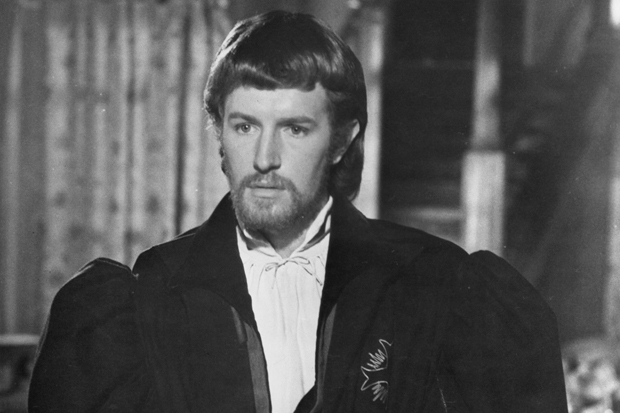
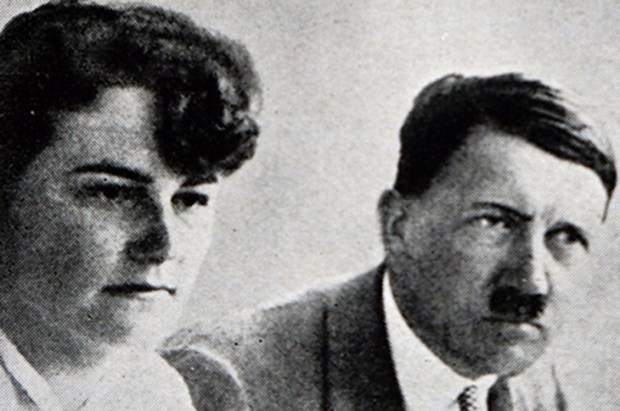

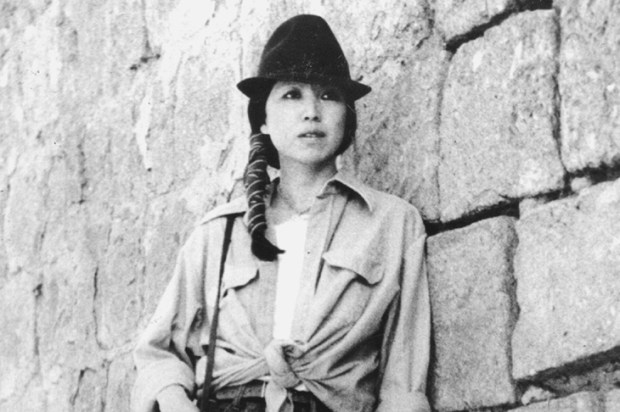
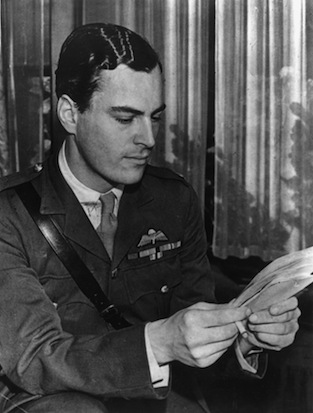

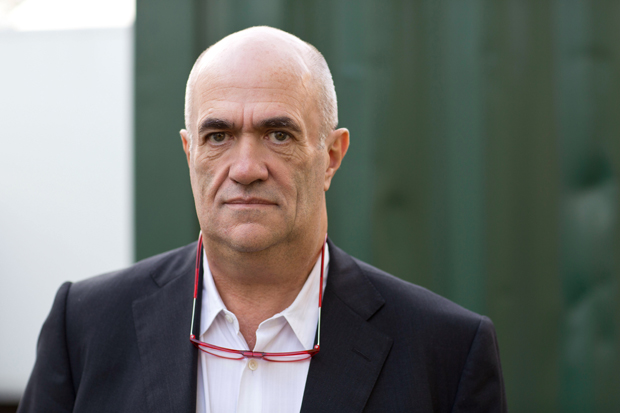






Comments
Don't miss out
Join the conversation with other Spectator Australia readers. Subscribe to leave a comment.
SUBSCRIBEAlready a subscriber? Log in